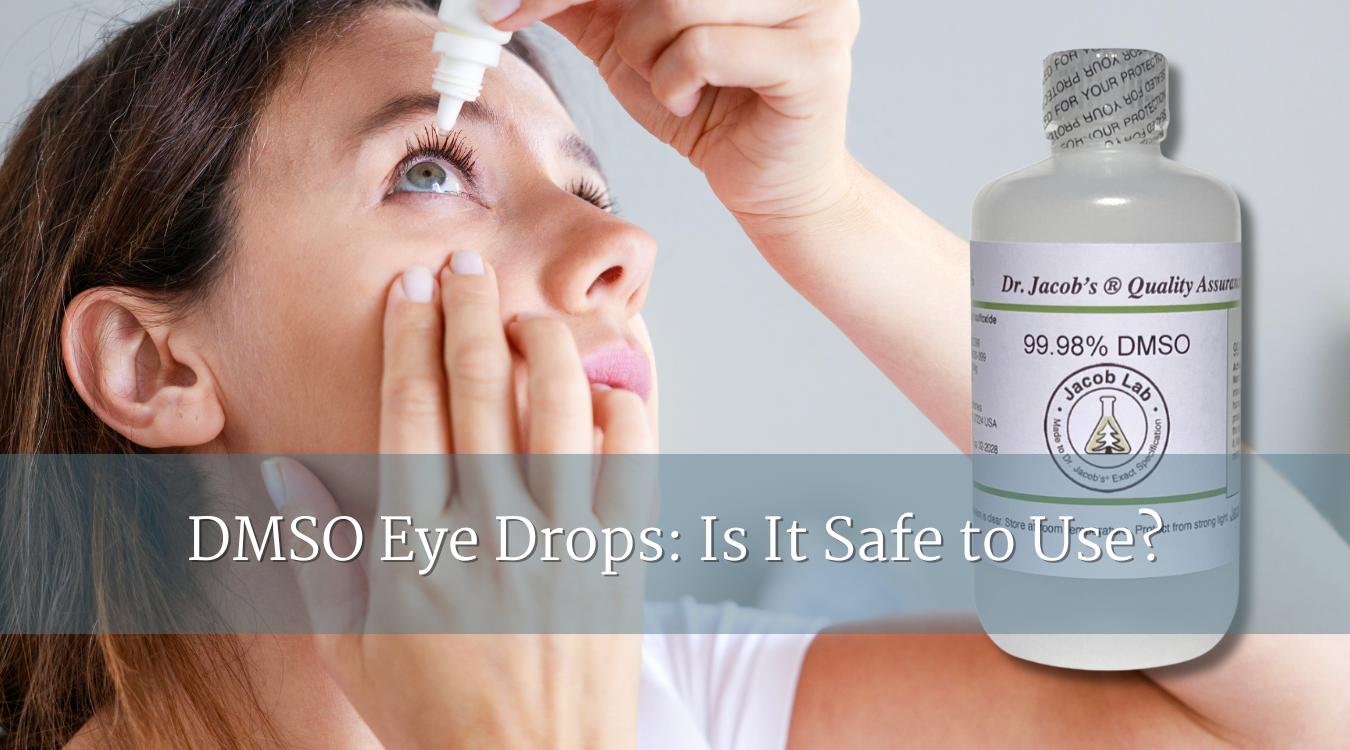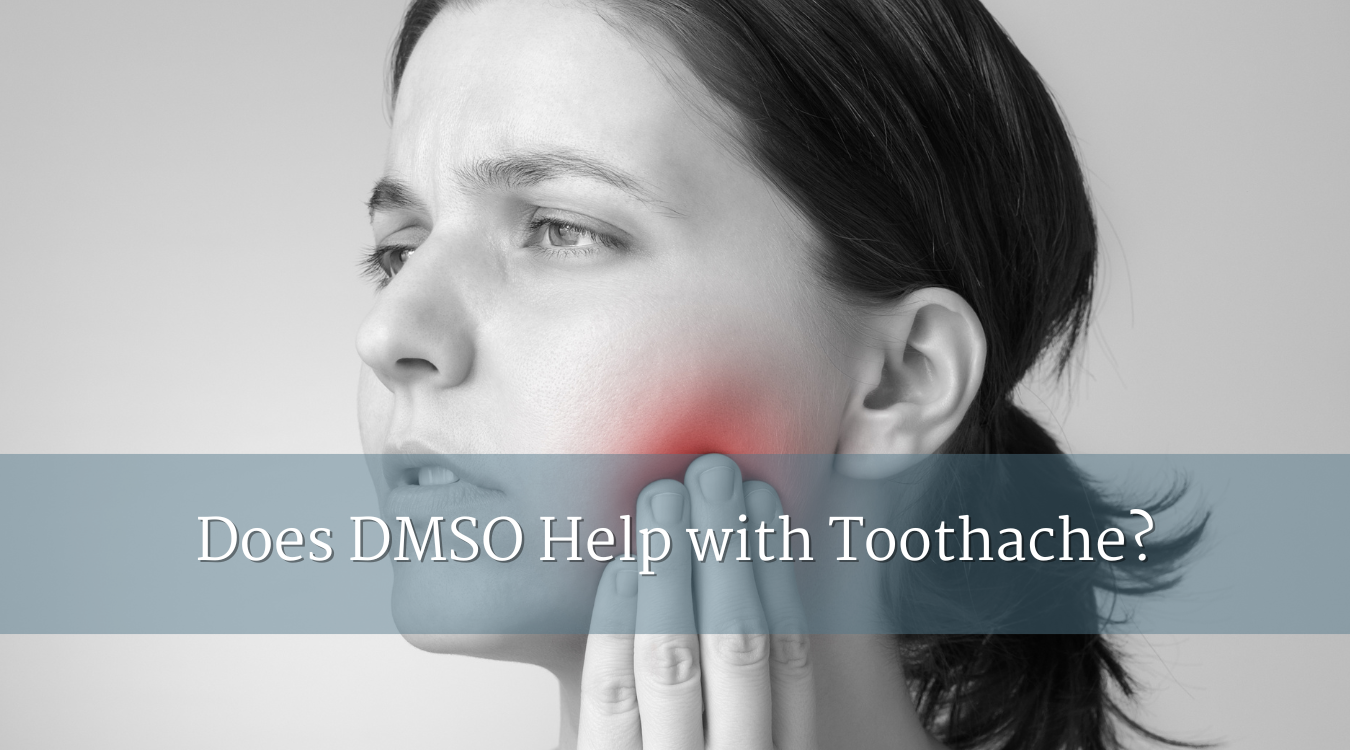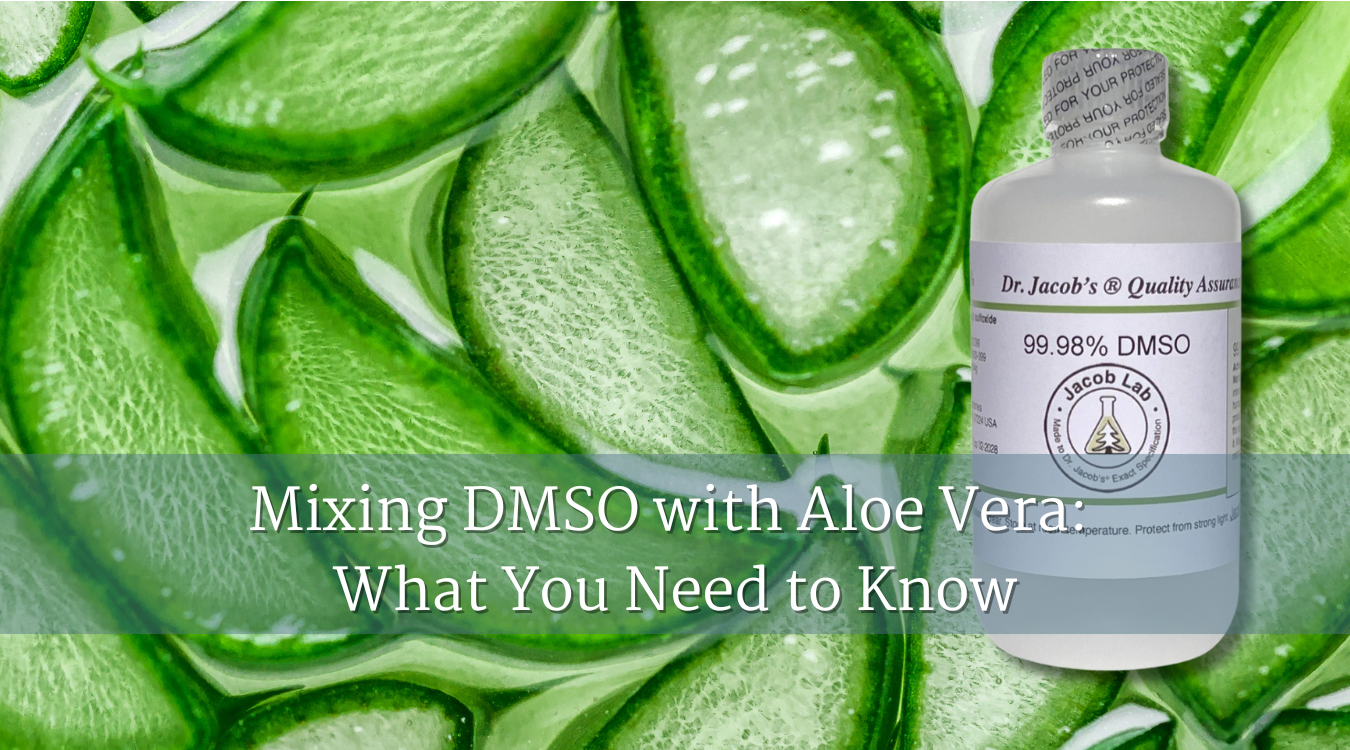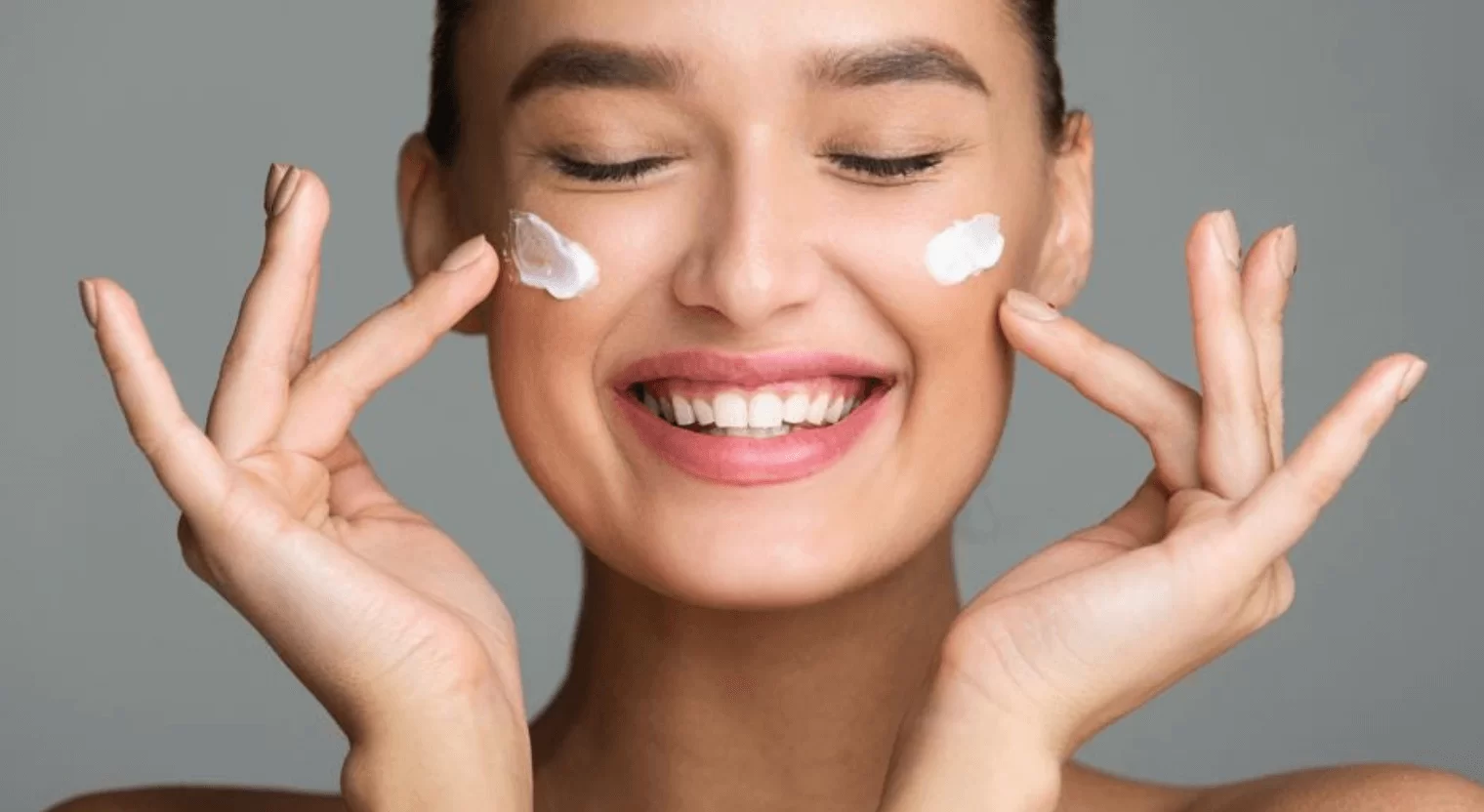
Understanding the Risks and Possibilities
The eyes are delicate, and any product used on them must be handled with the greatest care. Yet in natural health circles, some people are asking: can DMSO (dimethyl sulfoxide) be used as an eye drop?
It’s an understandable question. DMSO is renowned for its ability to reduce inflammation, penetrate tissues, and even carry other substances deeper into the body. But when it comes to eye health, the stakes are much higher — and the conversation becomes both fascinating and controversial.
🔬 The Science: What We Know About DMSO and Eyes
Research into DMSO eye use dates back to the 1960s and 70s. Early animal studies suggested it might help with conditions such as cataracts and increased eye pressure, thanks to its anti-inflammatory and antioxidant properties.
Reported potential effects:
-
Reducing inflammation around the eye
-
Antioxidant action against oxidative stress that contributes to cataracts
-
Enhanced penetration of healing agents into ocular tissues
However, these studies were small and often lacked the rigorous safety standards we’d expect today. Some reported side effects included eye irritation, stinging, and clouding of the cornea when high concentrations were used.
Currently, no official medical authority recommends DMSO eye drops, and it is not an approved treatment for eye conditions.
🌿 Holistic Insight: Eyes in TCM
In Traditional Chinese Medicine (TCM), the eyes are considered the “windows of the Liver.” Vision and eye health are closely tied to the strength of the Liver and Kidney systems.
TCM approaches for eye conditions often include:
-
Goji berries (Gou Qi Zi) to nourish the Liver and support vision
-
Chrysanthemum tea (Ju Hua) to clear heat and brighten the eyes
-
Acupuncture to improve circulation to the eyes
From this perspective, DMSO’s cooling and circulation-enhancing effects could conceptually align with restoring balance in the eyes. But because of the organ’s sensitivity, even holistic practitioners tend to favour indirect support (nutrition, circulation, herbs) rather than direct topical experimentation.
🧴 How People Experiment with DMSO Eye Drops
Despite safety concerns, some individuals continue to experiment with DMSO for eye health, particularly for cataracts. Common practices reported online include:
-
Highly diluted solutions (often below 10%, mixed with distilled water or saline).
-
Occasional drops, rather than frequent use.
-
Combining with antioxidants like vitamin C in attempts to support lens clarity.
💡 Important: These practices are anecdotal. The lack of clinical trials and the sensitivity of the eye make this a high-risk experiment.
⚠️ Safety First
-
Never use industrial-grade DMSO in or near the eyes.
-
Do not attempt without professional medical supervision.
-
Eye irritation, stinging, and corneal damage are real risks with concentrated DMSO.
-
Safer, proven alternatives (like lutein, zeaxanthin, and lifestyle support) exist for long-term eye health.
As someone who values both science and holistic healing, I must stress: while DMSO may have intriguing properties, the eye is too precious to risk without strong evidence and guidance.
✨ The Bigger Picture
Caring for your eyes means nourishing them from the inside out. A diet rich in colourful vegetables, omega-3 fatty acids, and antioxidants like lutein supports long-term vision. Regular eye check-ups and protective lifestyle habits (like limiting screen strain and wearing sunglasses outdoors) go a long way too.
DMSO may one day have a role in eye care if more research confirms its safety — but for now, it remains more of a curiosity than a reliable solution.
🔗 Where to Learn More
-
Related: How to Dilute DMSO Safely
-
Foundation: What is DMSO and How Does It Work?




 Does DMSO Help with Toothache?
Does DMSO Help with Toothache?
 Mixing DMSO with Aloe Vera: What You Need to Know
Mixing DMSO with Aloe Vera: What You Need to Know













